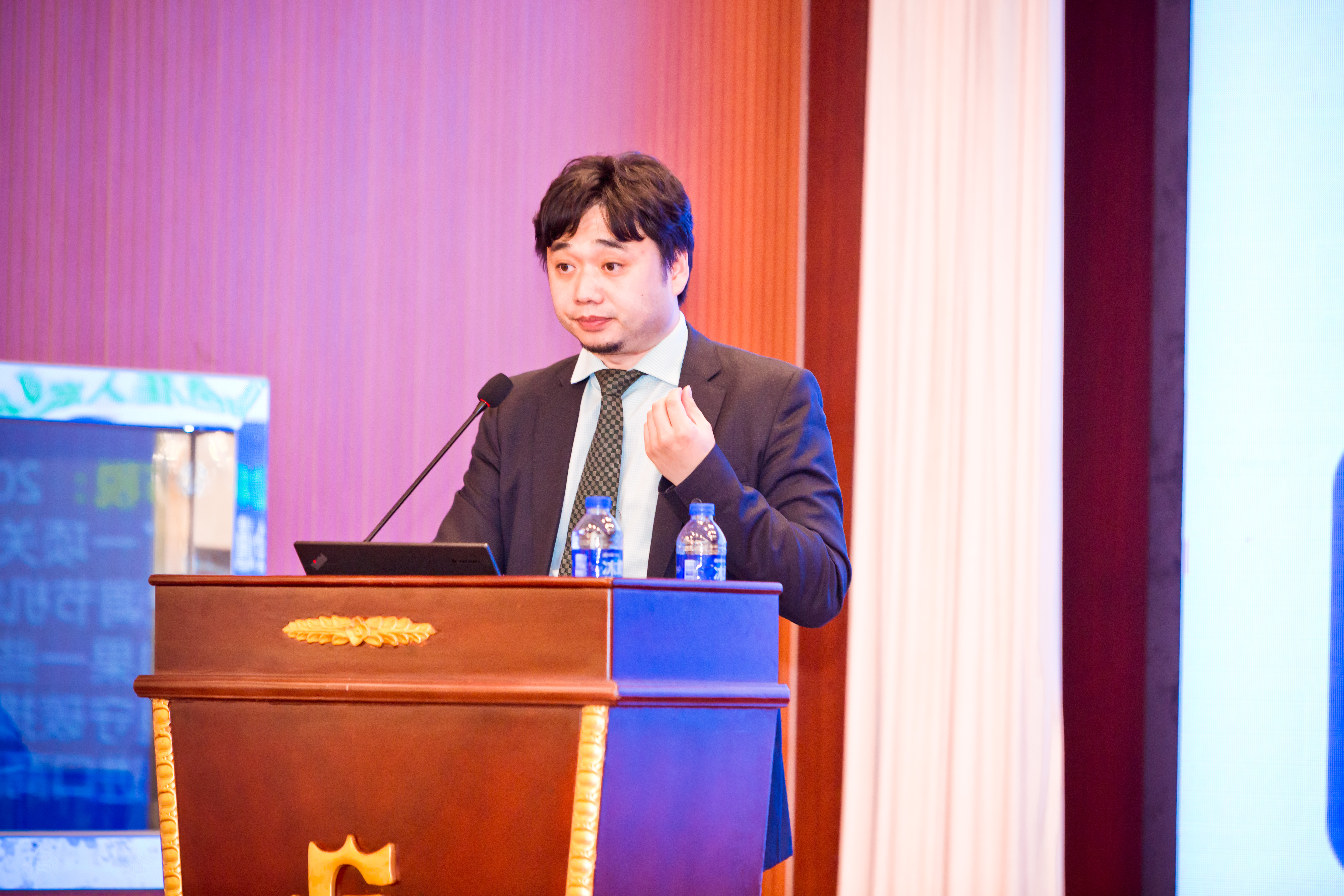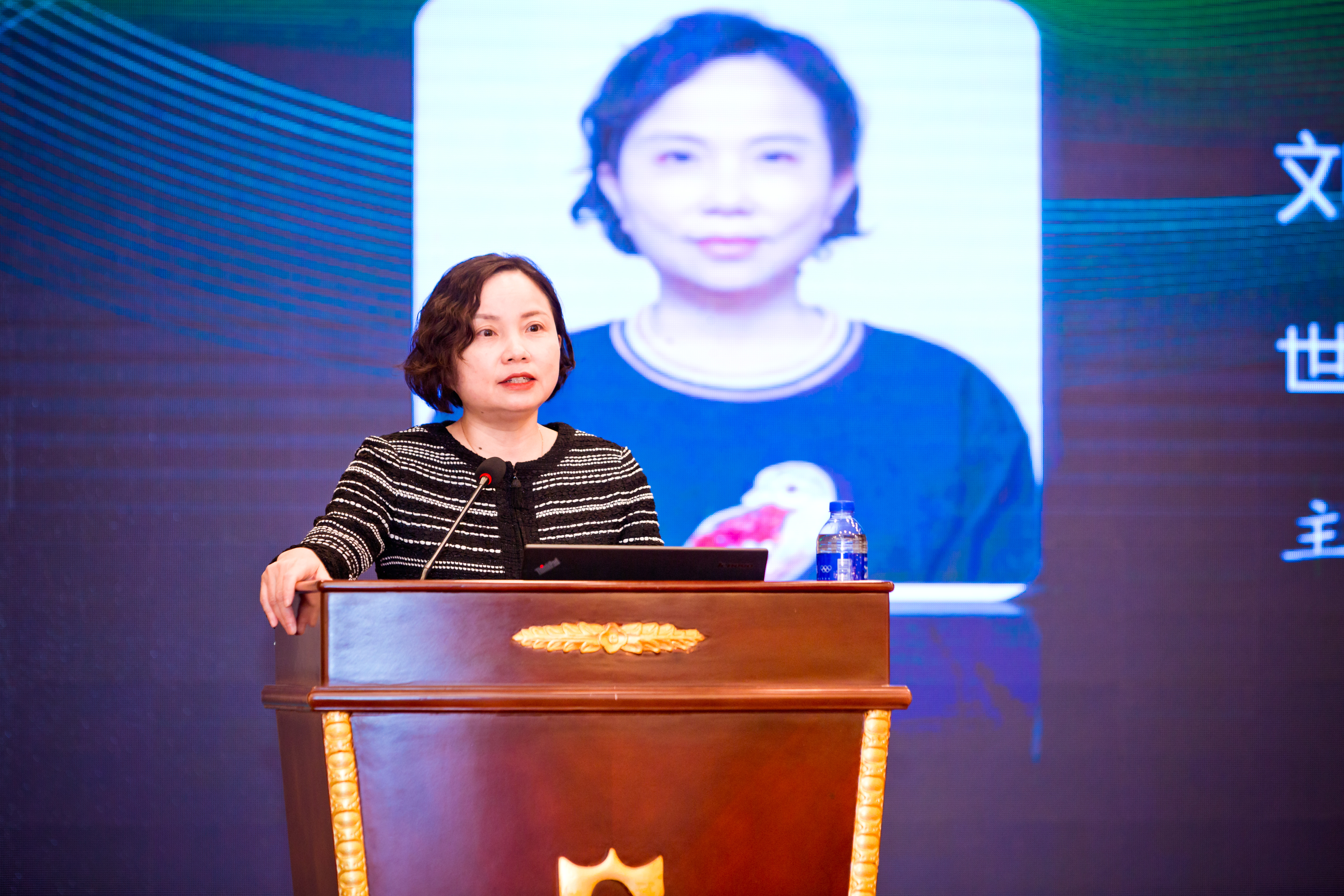Training session improves IP expertise of green-tech SMEs
- By Zhang Liying
 0 Comment(s)
0 Comment(s) Print
Print E-mail China.org.cn, April 30, 2021
E-mail China.org.cn, April 30, 2021

A training session was held in Beijing on Tuesday to help small and medium-sized green technology companies improve their intellectual property (IP) awareness and related expertise.
As an activity to celebrate the 21st World IP Day on April 26, the training session was co-hosted by the Beijing Municipal Intellectual Property Office and the World Intellectual Property Organization (WIPO) office in China.
A dozen of IP specialists, lawyers, and business leaders from green industries delivered lectures on how to manage technology as a business strategy and utilize IP systems and tools to protect and promote innovation.
The event was organized by the Bluetech Clean Air Alliance (BCAA), a non-profit professional organization that promotes clean technologies and industries.
Xie Hongxing, director of the BCAA and an IP strategy expert, said green technology innovation is the most powerful driving force for carbon neutrality, which more than 120 countries are now committed to working towards.
Research showed that global greenhouse gas emissions in 2020 decreased by about 7% from 2019, as a result of large-scale COVID-19 restrictions.
Xie said the drop was smaller than expected, given the huge impact of the pandemic on global economic development and people's lives.
"This underscores that we can't stop global warming only by changing our behaviors and that we need new technologies that can bring about transformations," Xie said.
Liu Hua, director of the WIPO office in China, emphasized the importance of IP protection in boosting technological innovations needed for green development. "IP protection offers a strong impetus for innovation and institutional guarantees for applying scientific and technological achievements," Liu said.

Liu added that the role of small and medium-sized enterprises (SMEs) in driving green growth cannot be ignored as they account for 90% of all companies worldwide, more than 70% of global employment, and 50% of the total global GDP.
However, as many lecturers at the event emphasized, SMEs often have fewer resources and limited expertise in IP issues when compared with large multinational corporations, thus missing some growth opportunities.
Liu recommended SMEs join WIPO GREEN, a global marketplace that promotes green tech innovation and diffusion. Launched in 2013, the online platform supports global efforts to address climate change by connecting providers and those seeking environmentally friendly technologies.
"Now we have over 100 partners, and the WIPO GREEN database, with its more than 3,800 listed technologies and experts, is utilized by more than 1,500 users across the world," Liu said.
Amy Dietterich, director of WIPO's Global Challenges Division, said that as well as matchmaking via its database, WIPO GREEN also organizes regional projects in specific technology fields to help users make targeted matches in a face-to-face setting.
According to Dietterich, there are currently 166 uploads from China to the WIPO GREEN database, with the majority of submissions falling into the categories of energy, pollution and waste, and products/materials/processes.
China is expected to remain a leading market for green technology as it takes steps to peak its carbon dioxide emissions before 2030 and become carbon-neutral by 2060.
Liu said that through WIPO GREEN and other platforms, WIPO is ready to work more closely with China and provide better and more targeted services to Chinese companies.






Go to Forum >>0 Comment(s)